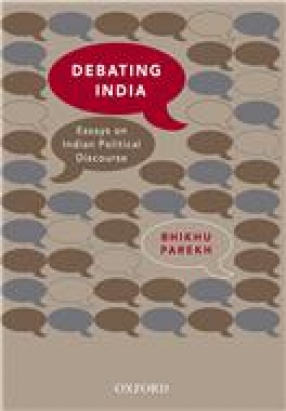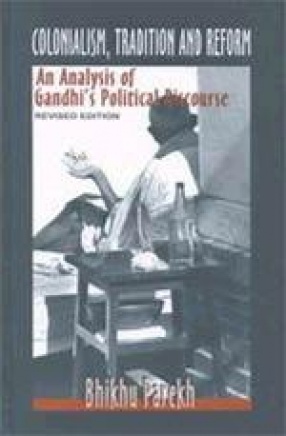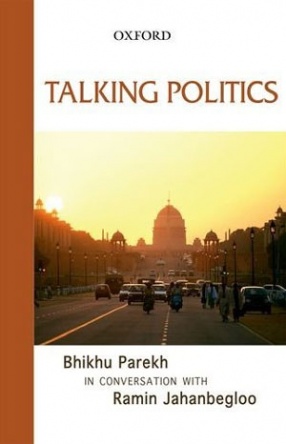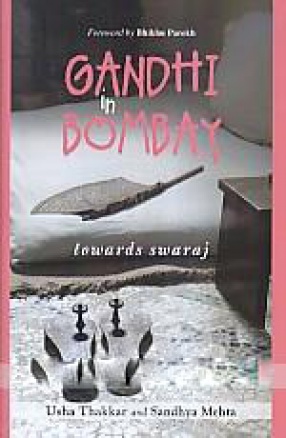Debating India: Essays on Indian Political Discourse
India has had a long tradition of public debate going back to around 1000 BCE. But surprisingly, the knowledge of its existence has largely remained confined to a small field of critics or specialists.
Debating India traces the origins and development of the Indian tradition of public debate and the various forms it took at different times in Indian history. It examines some of the major debates that occurred during the independence struggle and the ways in which they structured the conceptual and moral parameters of the Indian political imagination. The debates involved Gandhi, Tagore, Nehru, Ambedkar, and Hindu militants, and centred on the kind of country India was and should aspire to be.
Gandhi's non-violent struggle claims to provide an answer to deep differences of views and conflicts of interest. Presenting riveting accounts, such as of Einstein's views on Gandhi's philosophy of Ahimsa or of Gandhi-Tagore debates, and through an imaginary dialogue between Gandhi and Osama bin Laden, Parekh critically examines the strengths and weaknesses of Gandhian philosophy. In the process, the book points to a richer and politically more realistic approach to public debate than are currently on offer.
Contents: Introduction. Part I: Public Debates. 1. Indian traditions of public debate. 2. Choosing the national symbols of India. 3. Gandhi-Tagore debates. 4. Ambedkar and the pursuit of fraternity. 5. Nehru and the national philosophy of India. 6. Rethinking the national philosophy. 7. Critical reflections on the Indian democracy. Part II: Limits of Dialogue. 8. Einstein on Gandhi's non-violence. 9. There is more to Gandhi than non-violence. 10. Gandhi and Osama Bin Laden: Is a dialogue possible? 11. Gandhi and inter-religious dialogue. 12. Friendship in classical Indian thought. Index.
Get it now and save 10%
BECOME A MEMBER











Bibliographic information